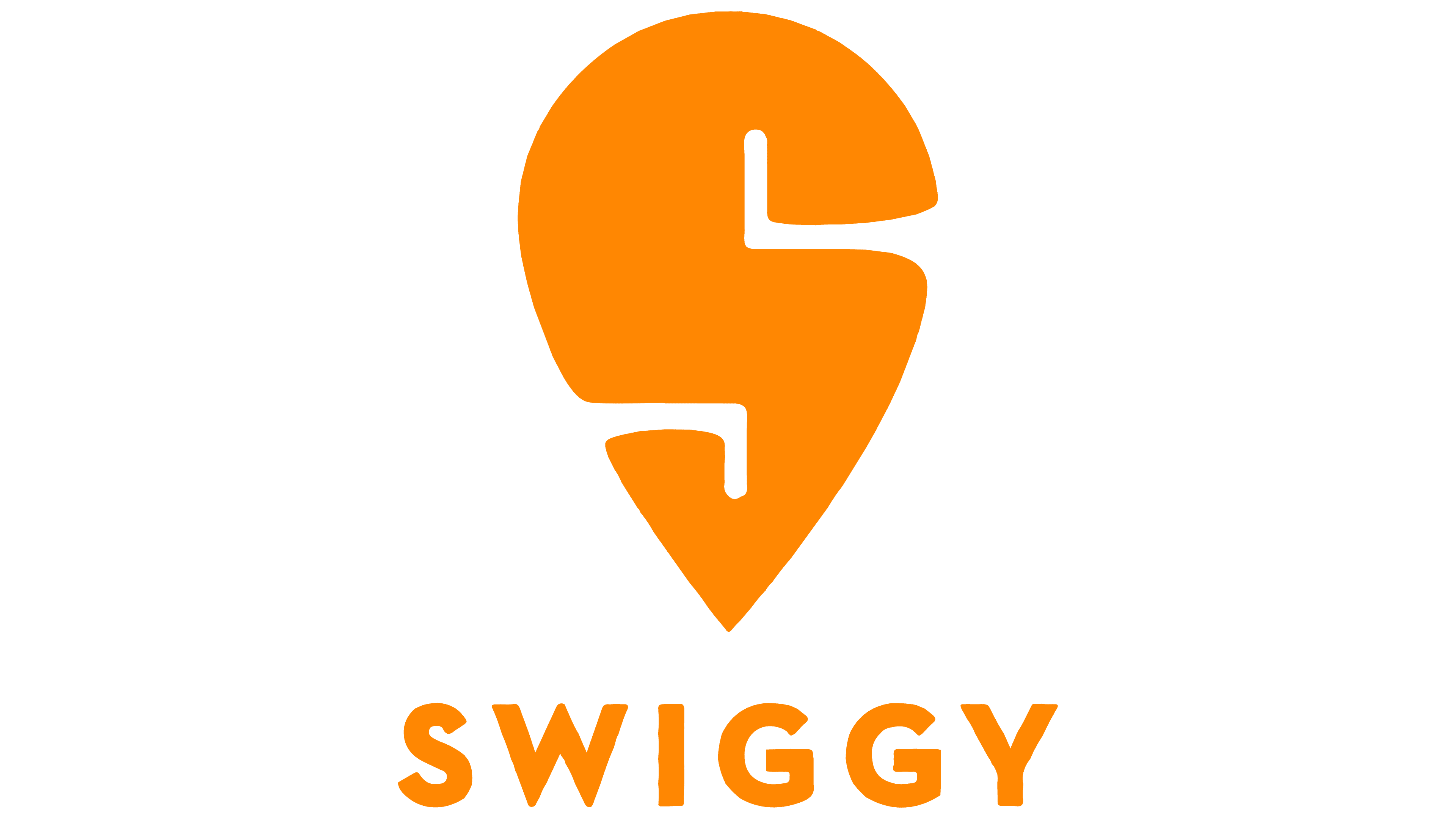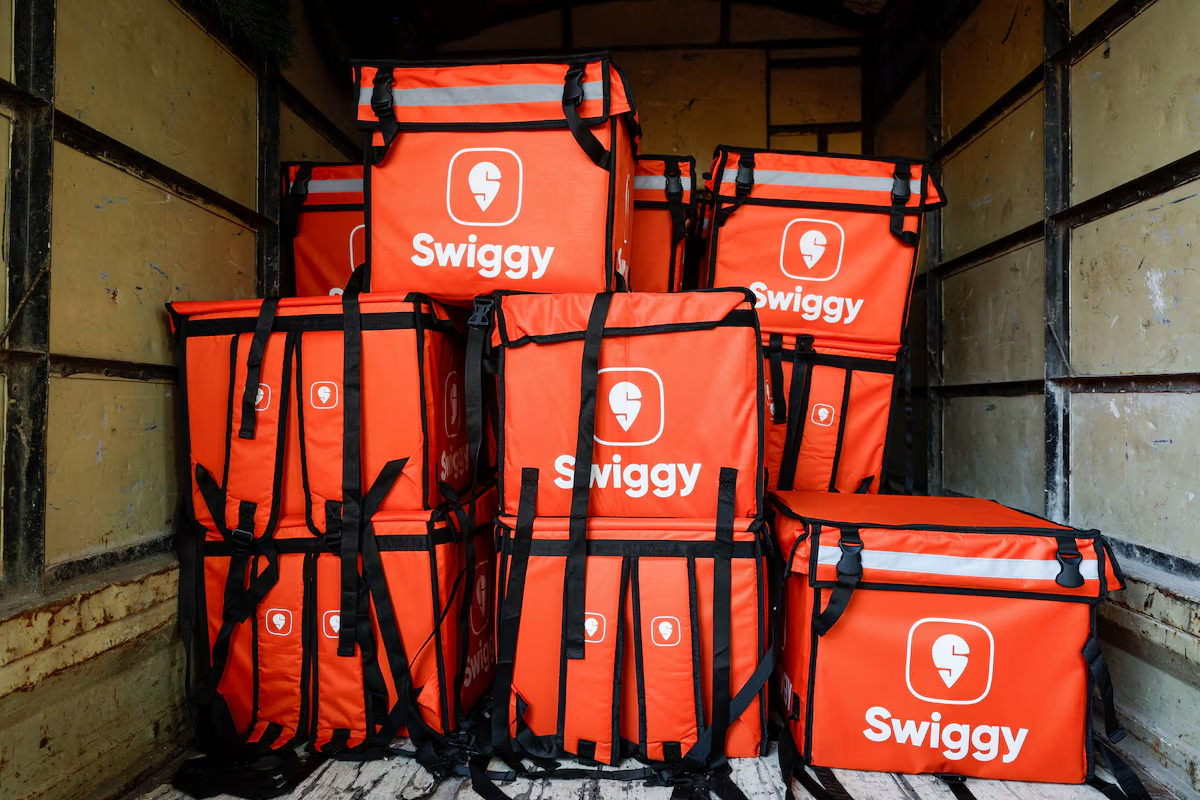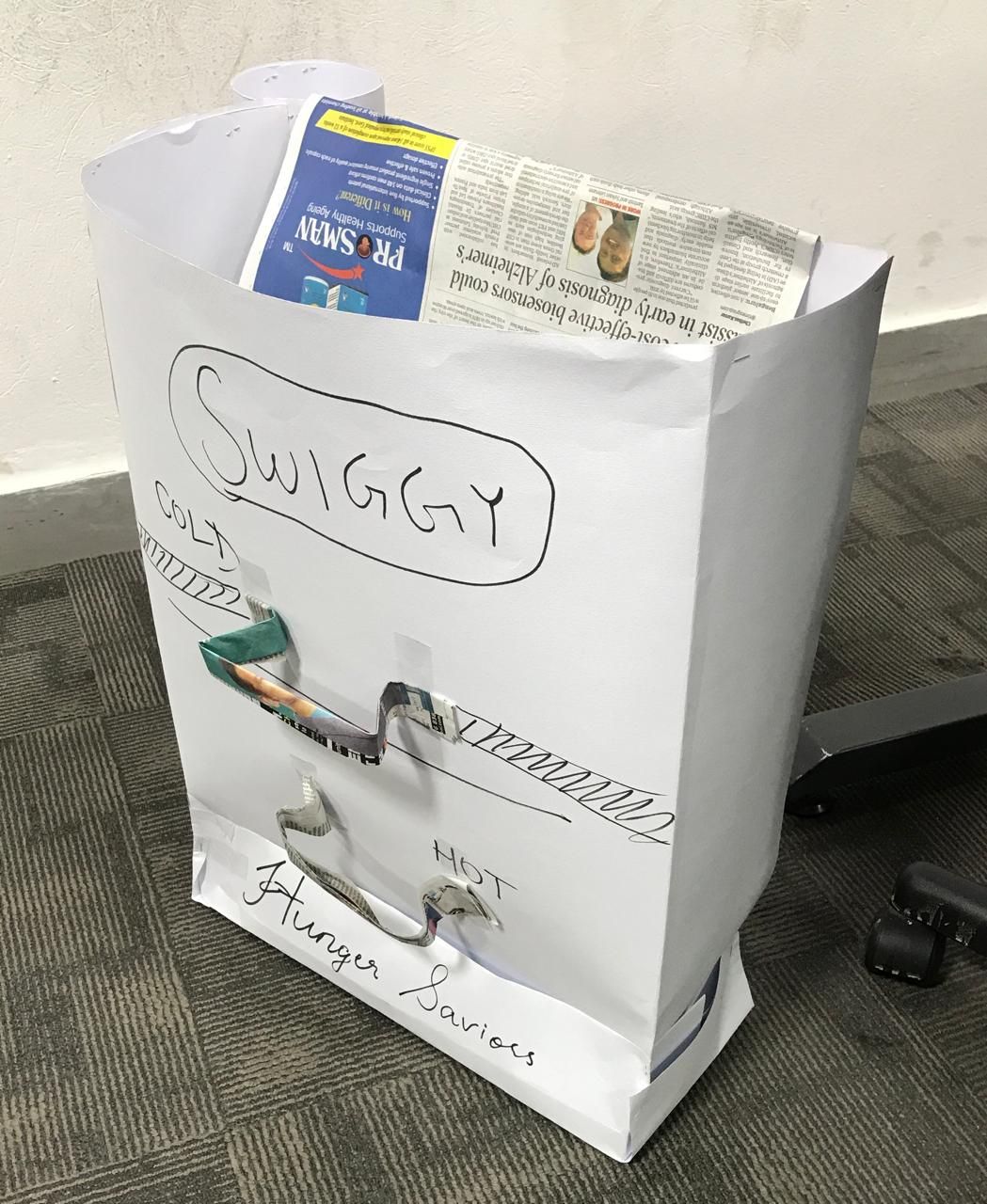
I led Pan-India Demand-Supply Planning at Swiggy, managing a team of 100+ to optimize delivery speed, driver earnings, and incentives across 500+ cities.

Deep Dive
Geek out on my work at Swiggy
- I hopped on board in 2019, back when Swiggy was in just 30 cities.
- By the time I left in 2021, it was live in more than 500 cities and had navigated two pandemic waves.
- I was on the Strategy & Planning team, specifically in charge of Pan-India Demand-Supply Planning.
- Leading over a hundred teammates scattered across the country, I owned core KPIs like delivery speed, driver incentives, driver earnings, and driver utilization.
COOL PROJECTS I LED
🚀 Drove planning for High-Stakes Events (IPL, NYE, Festivals, Monsoons) - we hit 150k+ delivery partner logins for NYE'20!
We achieved 150,000+ Delivery Partner logins for NYE'20 across India - the highest ever in the industry - ensuring we outpaced competition on everything from customer NPS to total orders.
Why This Matters:
On new years eve, demand on the platform doesn't just creep up by 20%. It can triple! Getting enough drivers online in the right zones demands meticulous planning - everything from zone level driver incentives to short-term hires to viral marketing.
War-Footing Execution:
Think of it like trying to climb an impossible mountain: you need every possible lever pulled. We ramped up hiring, sweetened driver incentives, temporarily excluded slow-prep restaurants, and even limited long-distance orders to avoid overloading the network. I worked tirelessly with city teams across India, handcrafting incentive plans tailored to each city's unique demand patterns and cultural nuances. This ensured drivers felt motivated to log in exactly when—and where—we needed them most.
Core Insight:
New and dormant users typically return during these buzzworthy events. If their first impression is stellar—fast deliveries, zero headaches—they're far more likely to stick with us later. These special occasions became both stress-tests and growth hacks.
💰 Managed PnL strategy for Cost of Delivery (CPD) — a $400M+/year P&L item
We achieved the lowest CPD in Swiggy's history as we went into defense mode during the pandemic. I led initiatives that led to cost benefits of $3M/quarter.
Basics:
Profit = Revenue - Cost. Sounds simple, but the trick is that our single biggest cost comes from paying and incentivizing thousands of delivery partners daily.
Pandemic Reality Check:
When the lockdown hit, food delivery demand plunged by 80%. Yet many drivers—often blue-collar workers—kept logging in because it was their main or only income source. With some fixed incentive schemes and fewer orders, our unit economics tanked.
Capital Preservation:
In an industry facing existential threats, I led cost-cutting initiatives—pay cuts, a hiring freeze, and strict budget oversight across thousands of zones.
Result:
We stabilized CPD despite historically low demand. By the time restrictions eased, we had an operational blueprint for scaling costs back up in a more sustainable way.
🤝 Led Strategic Partnerships with Third-Party Logistics — Worth $12M+ Annually
We increased order share for third-party fleets by 6 percentage points (3x jump), delivering $1M+ in cost savings in one quarter (OND'20).
Why Partnerships?:
Delivery supply is inherently "lumpy." It's like the classic "duck curve" from power grids—demand surges at specific times (lunch, dinner, festival peak), then slumps the rest of the day, while supply of drivers is fairly constant throughout the day. Hiring more full-time drivers means idle time and wasted incentives.
Leveraging External Fleets:
We teamed up with the likes of Shadowfax and Rapido to handle peak bursts. Our own fleet stayed leaner, so drivers had steadier earnings, and Swiggy minimized costs during off-peak hours.
Bigger Picture:
In a marketplace, flexibility is gold. External partnerships gave us a dynamic workforce that scaled with demand—no more burning cash on idle capacity. Everyone won: customers got on-time deliveries, drivers had more sustainable shifts, and we safeguarded Swiggy's bottom line.
LEARNINGS AND FAILURES
Decision making under stress:
Being in the thick of a hyperlocal, three-sided marketplace taught me how to make fast decisions when the stakes are high and the timelines are measured in minutes. I had to piece together data, anecdotes from the ground, and cost considerations—often on the fly.
Leading & Influencing Diverse Teams:
Managing 100+ individuals (many older and more seasoned) across India sharpened my communication and negotiation skills. With no formal authority over many of them, I had to build trust, stay firm yet respectful, and learn to create alignment around a common goal.
Building for drivers:
Working with thousands of delivery partners—often blue-collar workers—revealed what truly motivates them: stability, fair pay, and simple, frictionless processes. Building an effective incentive model meant understanding their daily struggles and forging real connections, which also led to friendships spanning regions and backgrounds.
Rapid Feedback Loops & Resilience:
In a 24/7 delivery environment, you're judged daily. If a decision backfires, you feel the impact within hours. That constant scrutiny toughened me up; I learned to fail fast, adapt quickly, and stay cool in the face of near-instant feedback.
Experimentation Mindset:
Leading new product initiatives meant designing hypotheses, running pilots, and learning from small-scale data before rolling out solutions broadly. This systematic "test-measure-iterate" approach became second nature—and helped us move fast without breaking everything.
More Second-Order Thinking:
Too often, I chased immediate fixes. In retrospect, I wish I'd paused to consider the chain reaction those quick fixes might trigger downstream.
Building Sustainable Systems Instead of Just Firefighting:
My instinct was to jump into the flames whenever something broke. While that was useful in the moment, it left less time for designing robust processes that could handle crises automatically.
Adapting My Collaboration Style:
I sometimes took an overly combative stance in alignment meetings, focusing on my own KPIs instead of truly hearing other teams' constraints. A more empathetic approach might have led to solutions that served the platform as a whole.

